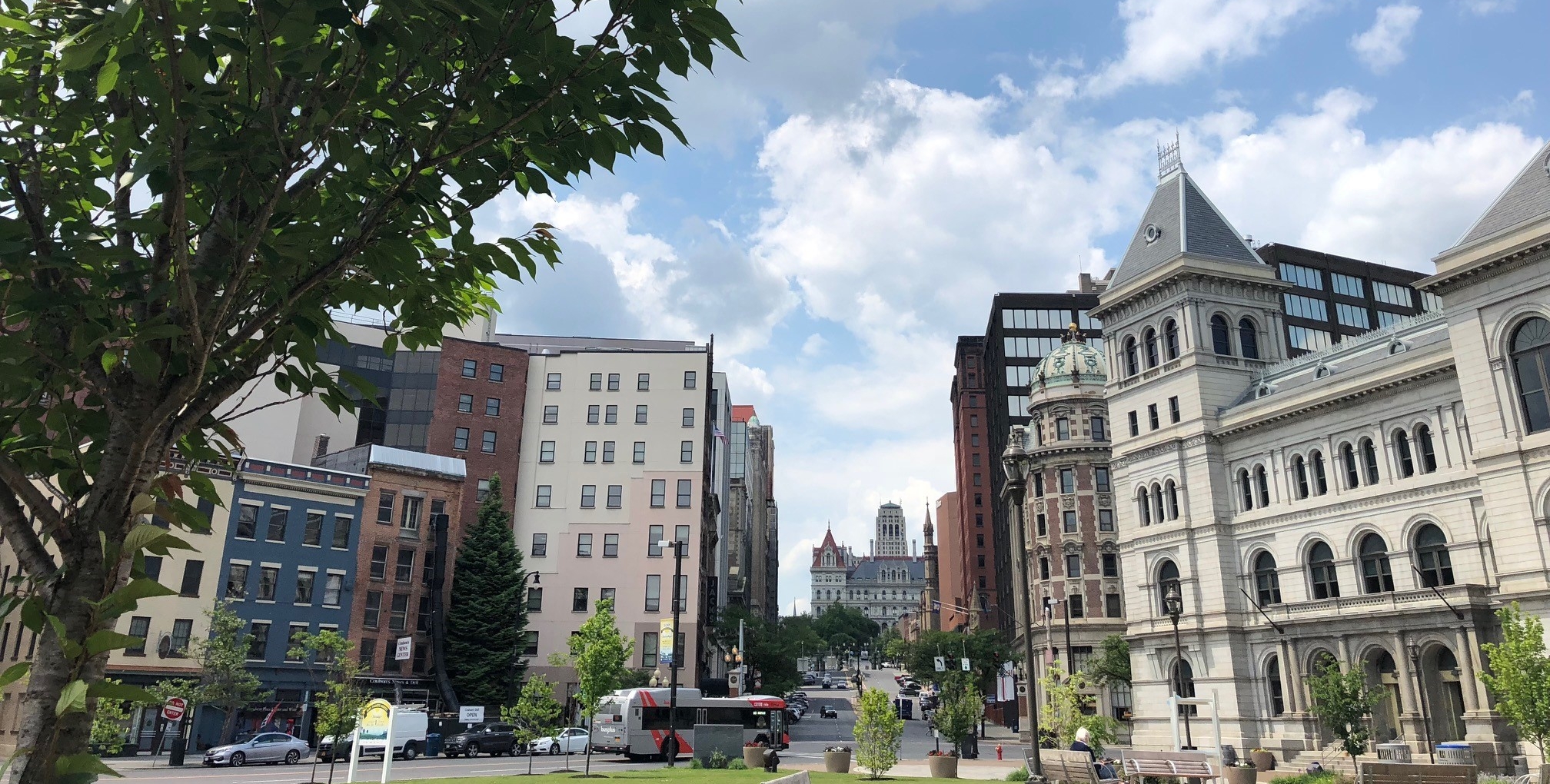Real Estate Investors: Buy, Sell or Hold?
Brandi Brand is Sales Director for Breakwater Mortgage in Virginia
Beach, Virginia. Brandi and her husband, Scott also rehab and resell
real estate investments in Southeastern Virginia. The following interview
consists of common questions real estate investors have at this time,
when mortgage interest rates seem to be on the rise.
Q: What is the overall tenure of the real estate and mortgage industry in
Virginia at the end of 2005 and leading into the first quarter 2006?
A: The local market has slowed in Virginia over the last six months.
Houses are staying on the market longer. This means more time is
involved for real estate investors who want to sell.
Q: Are the real estate and mortgage markets headed for a downturn
then?
A: The market is still very strong despite a slight decrease in activity. In
Southeastern Virginia, home sales dropped approximately 3% in
November 2005, which indicates a slight adjustment.
Q: Is it a buyer’s market now?
A: Currently, the market is leveling out. When it was a seller’s market,
contracts were signed on homes and properties before anyone had a
chance to think the purchase through fully. Now, investors have the
opportunity to price out necessary repairs and renovations to get the
most return out of the property.
Q: Is it a good time to buy?
A: Yes. The market is adjusting, and there are some great bargains for
the real estate investor. There are always good deals to be found. An
investor is looking to purchase property below the market value, this is
how they make a profit. Purchasing a property with cosmetic issues,
rehabbing and reselling is one strategy. Other good deals can be found
with For Sale by Owner real estate.
Q: What makes the Virginia real estate market different from say, the
market in the Northeast?
A: In general the Northeastern market is more expensive than the
Southeastern, with the exception of Florida. Southeastern Virginia real
estate is more affordable, so investors come from the Northeast to buy
here.
Q: What do mortgage lenders look for when they consider writing loans
for real estate investors?
A: A mortgage lender is looking for a strong employment history and six
times the monthly payments in leftover assets after paying money due at
closing. For 100% financing, the applicant can be required to have a
680 credit score or above. Lenders ideally like to see two years of
experience renting properties if the real estate investor is attempting to
purchase multiple properties. On average a property that brings in a
return of at least $200.00 per month (for maintenance and repairs) is
considered a sound investment. For new investors, banks will be
inclined to limit the investor to two properties in the first two years.
Q: What are the best real estate markets to invest in?
A: One of the highest areas of real estate investment is near military
bases. Southeastern Virginia has a wealth of bases. Soldiers on their
own often prefer to live in base hosing. Those with families often choose
to rent in order to have more privacy or a yard.
Q: What are the current trends in mortgage financing for real estate
investors?
A: Prior to the summer of 2005, many investors were choosing interest
only loans or 2,3, or 5 year Adjustable Rate Mortgages (ARMS) that
required little money down. Most investors purchase a property with 5
years in mind. The value of homes will continue to increase, but
investors see the 30-year fixed loans as more solid while interest rates
are on the rise. Young investors seem less concerned about rising
mortgage rates. Many seasoned investors remember when the interest
rates were 13-14%, but investors under thirty have not seen comparable
interest rates during their adult lives.
Q: What are the refinancing trends for real estate investors?
A: Many investors are choosing to refinance by moving from a short-
term mortgage to a long-term loan. Investors with rental properties will
be locking in rates with 30-year fixed loans. Investors who want to
rehab and resell property will be refinancing in order to obtain cash for
another real estate investment. Overall, the refinancing boom has
slowed down.







